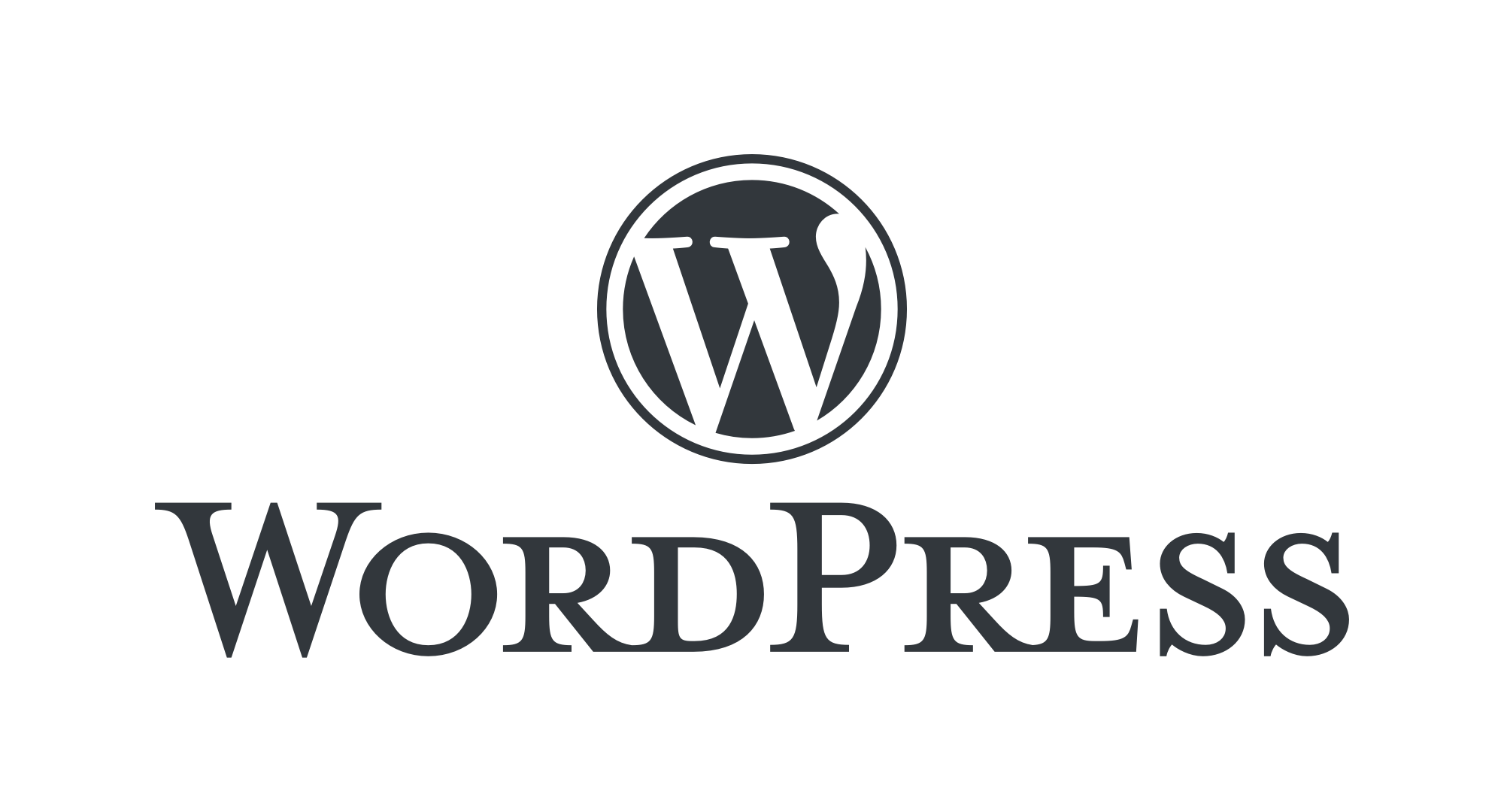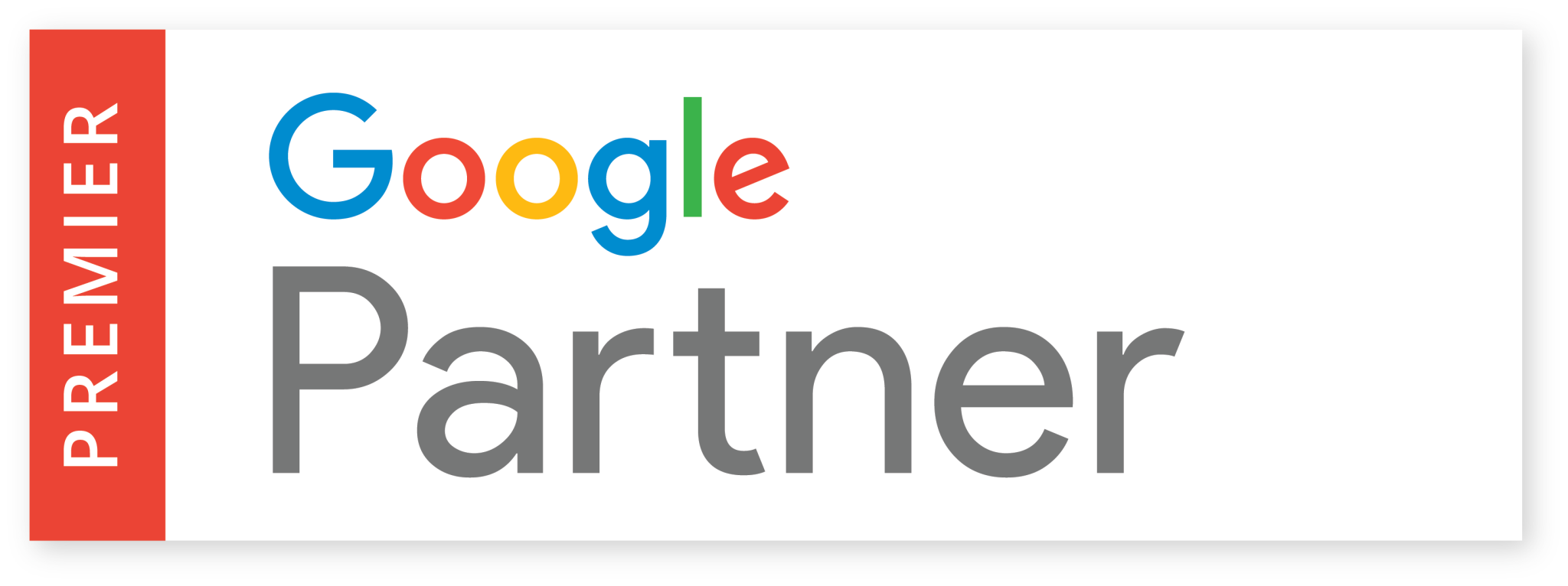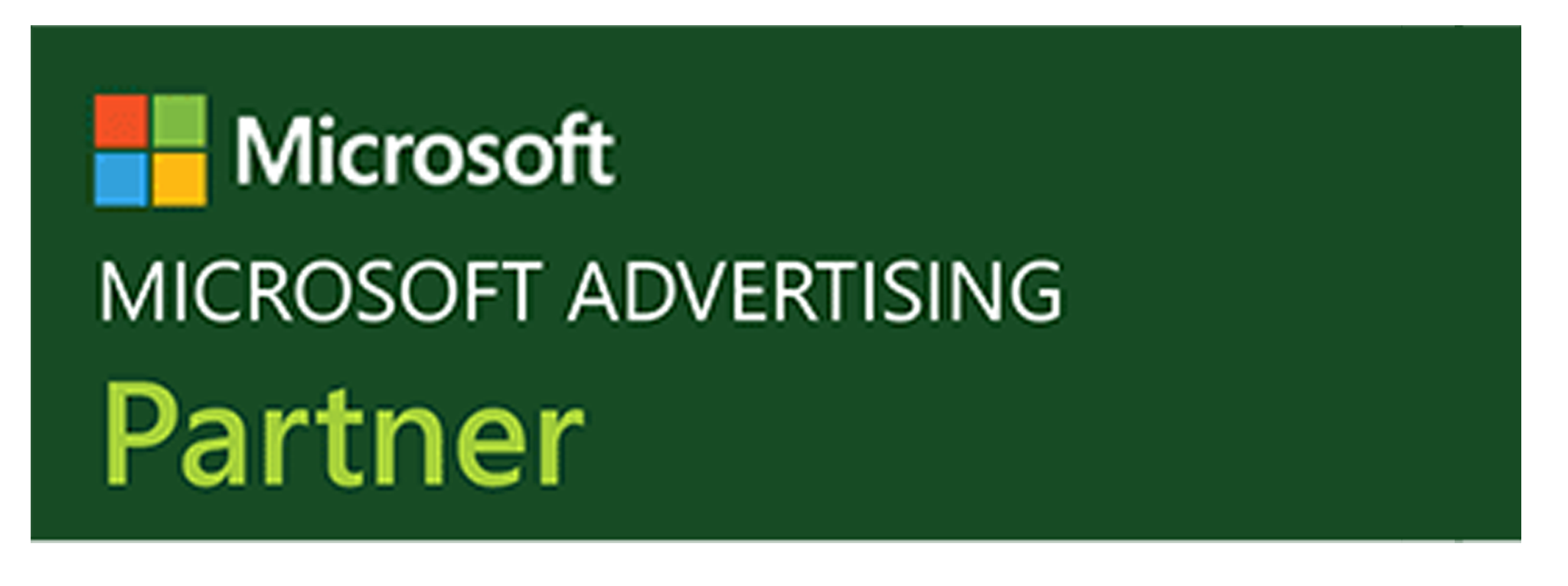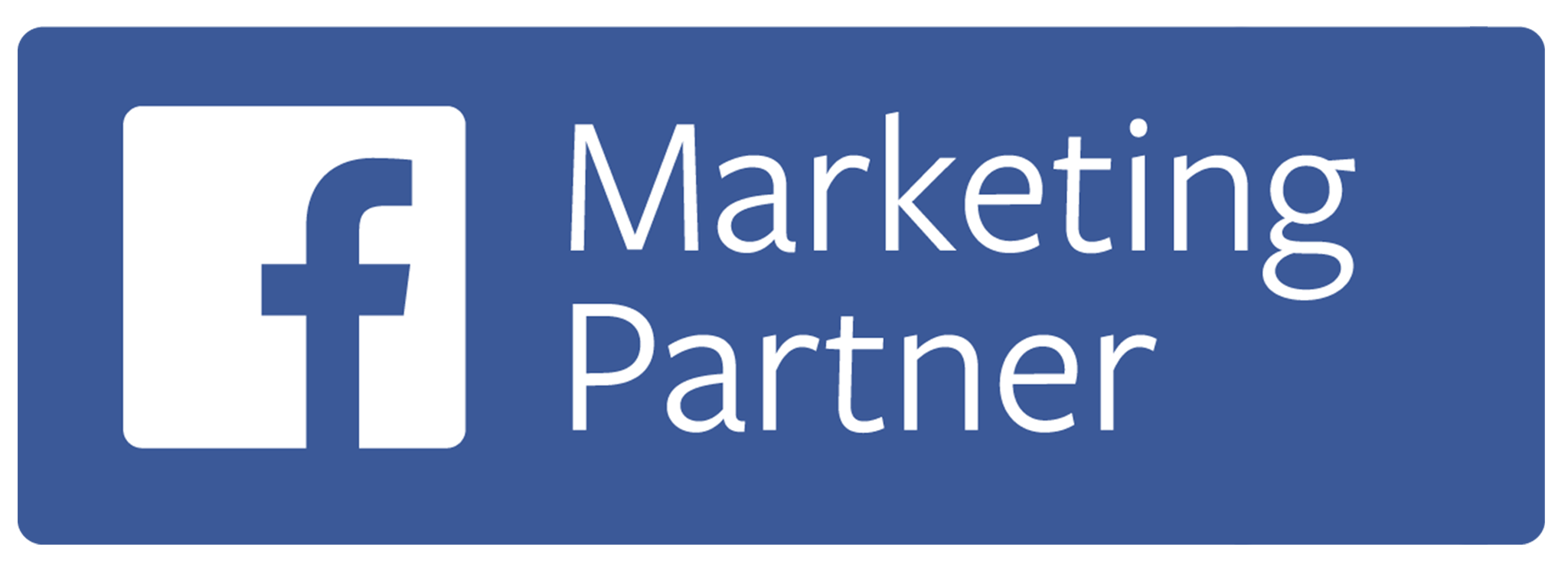The conversation about whether a business should invest in a native app or a web app has been going on for a few years. The reality is that both are necessary, each serving a unique purpose. The question of whether or not to invest in the development of a mobile application, however, is an easy one. Every business imaginable, despite its size or the industry it occupies, has caught on the the reality that a mobile application is the best way to keep an audience engaged with their product.
Acting as visual reminders, mobile applications bolster a business’ overall marketing strategy by providing an easily accessible platform for consistent customer engagement and service deployment. It is undeniable that today’s businesses live and breathe on the customer base sustained by this connection.
These benefits come together to impact even small businesses considerably.
Though the “if” of mobile application development is indisputable, the difficulty of tackling the “what” and “how” is as well. Besides considerations such as budget and return on investment, businesses need to consider the main purpose for the mobile application. While native apps tend to dominate in user time spent on the application, web apps have far greater numbers in relation to unique visitors.
This is due to the features and drawbacks innate to the two types of apps.
Native apps can access the native hardware, features and information of the device on which it’s downloaded. They can be downloaded and installed directly onto the mobile device from an online app store and runs as a standalone. Native apps are readily available on app stores and come prescreened by the marketplaces on which they are sold, ensuring that the apps downloaded are simultaneously safe and of high quality.
Native apps are generally equipped for excellent user experience with faster performance speeds, offline storage, push notifications, incorporation of gestures and accessibility offline.
Information storage on native apps can help conserve bandwidth by curbing the necessity to constantly refresh, as is often the case on web apps. This can be profitable as the connection of many mobile devices are metered. On the development end, unlike a web app, developers are provided the SDK, tools and support, which helps with the ease and speed of the app’s development.
Web apps are accessible anywhere there is a web connection making it easy to access from any computer or device. They have a cross-platform common code base and don’t require submissions and approval from app stores. A readily available web app can be modified and given a responsive web design. In contrast, native apps are normally more expensive to develop, especially if you consider supporting multiple mobile devices, as each development platform requires an individual development process. In addition, each native app platform has its own programming language.
Web apps can be monetized through advertising and subscription fees, though a paywell or subscription system needs to be in place to charge users. Updates are automatic, ensuring consistency among users. Though limited, mobile web apps can also access native features and information, such as media and geolocation.
Ultimately, determining how to build your mobile app requires looking at one thing: the needs of your target audience. Does your app need to be Internet-enabled? Does it need to interface with any native device features? How essential is speed and performance? How, if at all, will it be monetized? Does your development team have the resources for development or do you need to hire a developer?
And, of course, the all-important question of budget.
As for who wins the war, even with the keen need for native features in the mobile sphere, when it comes to the question of reach vs rich user experience the answer is: it just depends on your company’s needs.






